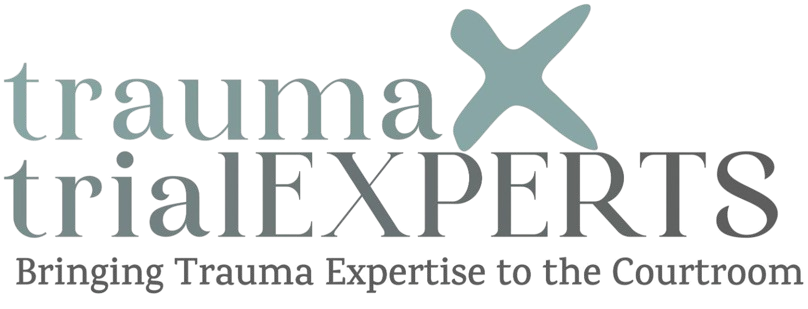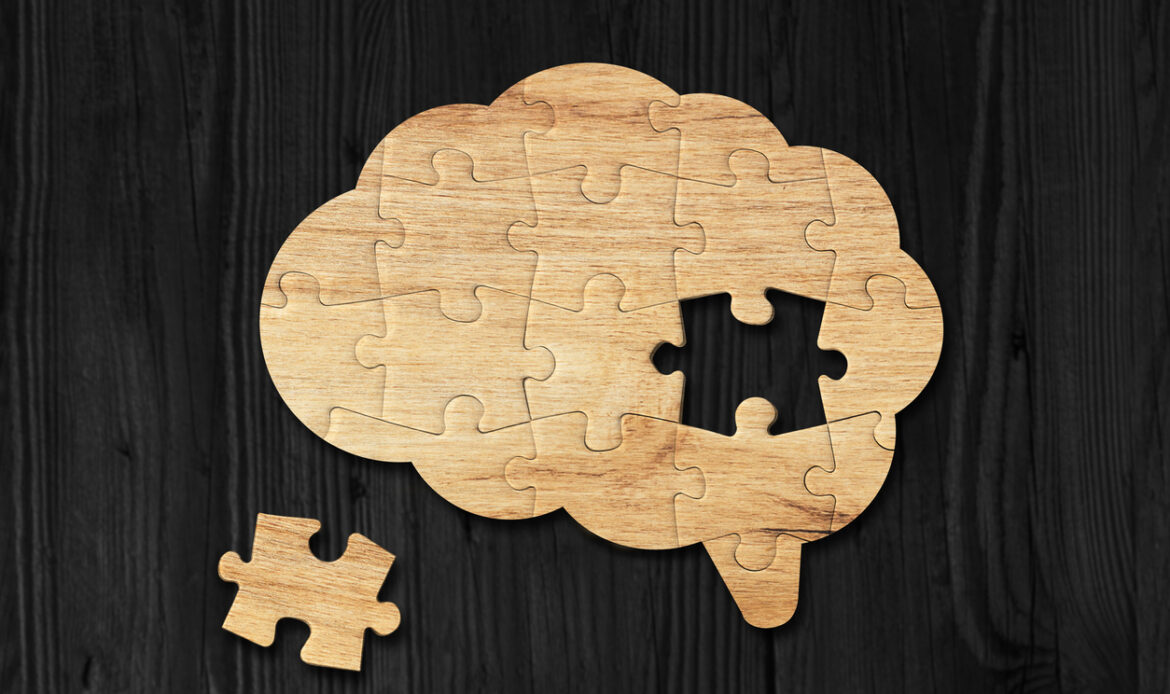Memory is often thought of as a mental recording—capturing events with precision, ready to be played back at will. But in reality, memory is far more complex, especially when trauma is involved. Understanding how trauma affects memory is crucial, not only for survivors but also for those working in legal, clinical, and advocacy settings.
Trauma and the Brain: A Quick Overview
When a person experiences trauma—such as violence, abuse, an accident, or a life-threatening event—the brain’s survival mechanisms kick in. The amygdala, often called the brain’s alarm system, detects danger and triggers the “fight, flight, or freeze” response. Simultaneously, the hippocampus and prefrontal cortex—key areas involved in memory formation and reasoning—may be disrupted.
This survival response is essential for getting through the moment, but it can interfere with how memories are processed, stored, and later recalled.
How Trauma Disrupts Memory
1. Fragmented or Incomplete Memories
Traumatic memories are often stored in fragments—sensations, images, sounds, or emotions—rather than as a coherent, linear narrative. Survivors may recall certain vivid details (a sound, a smell, a specific object) while struggling to remember the sequence of events or other contextual information.
2. Gaps or “Missing Pieces”
It’s common for trauma survivors to have partial or incomplete recall. These memory gaps can be misunderstood as lying especially in legal settings, but they are a normal response to trauma.
3. Overly Vivid and Intrusive Memories
In some cases, trauma memories are not forgotten—they are intrusive. Survivors may experience flashbacks, nightmares, or unwanted images that feel as vivid as when the trauma occurred. This can be distressing and disrupt daily life.
4. Delayed Recall
Survivors may not remember parts of the traumatic event until weeks, months, or even years later. Sleep and the passage of time can impact memory. Survivors of a trauma often experience sensory triggers (ex: alcohol on someone’s breathe or a certain song) that can spark a memory not previously remembered or remembered and forgotten.
Why This Matters
For survivors, these memory challenges are not signs of weakness or necessarily deceit—they are signs of how the brain functioning in survival mode impacts over memory encoding.
For professionals in legal, medical, or therapeutic fields, understanding trauma’s impact on memory is essential. It helps prevent misjudging survivors, fosters trauma-informed approaches, and supports fair, effective investigations and proceedings.
A Note on the Inaccuracies of Memory
While the science shows that trauma can disrupt memory, it does not mean all trauma-related memories are inaccurate. Most survivors accurately remember at least parts of their experience, even if the memories are incomplete or disorganized.
Final Thoughts
Trauma changes the way memories are formed, stored, and retrieved. It’s not about forgetting everything—or remembering everything perfectly. It’s about understanding that the brain responds to trauma in ways that can disrupt typical memory processes.

